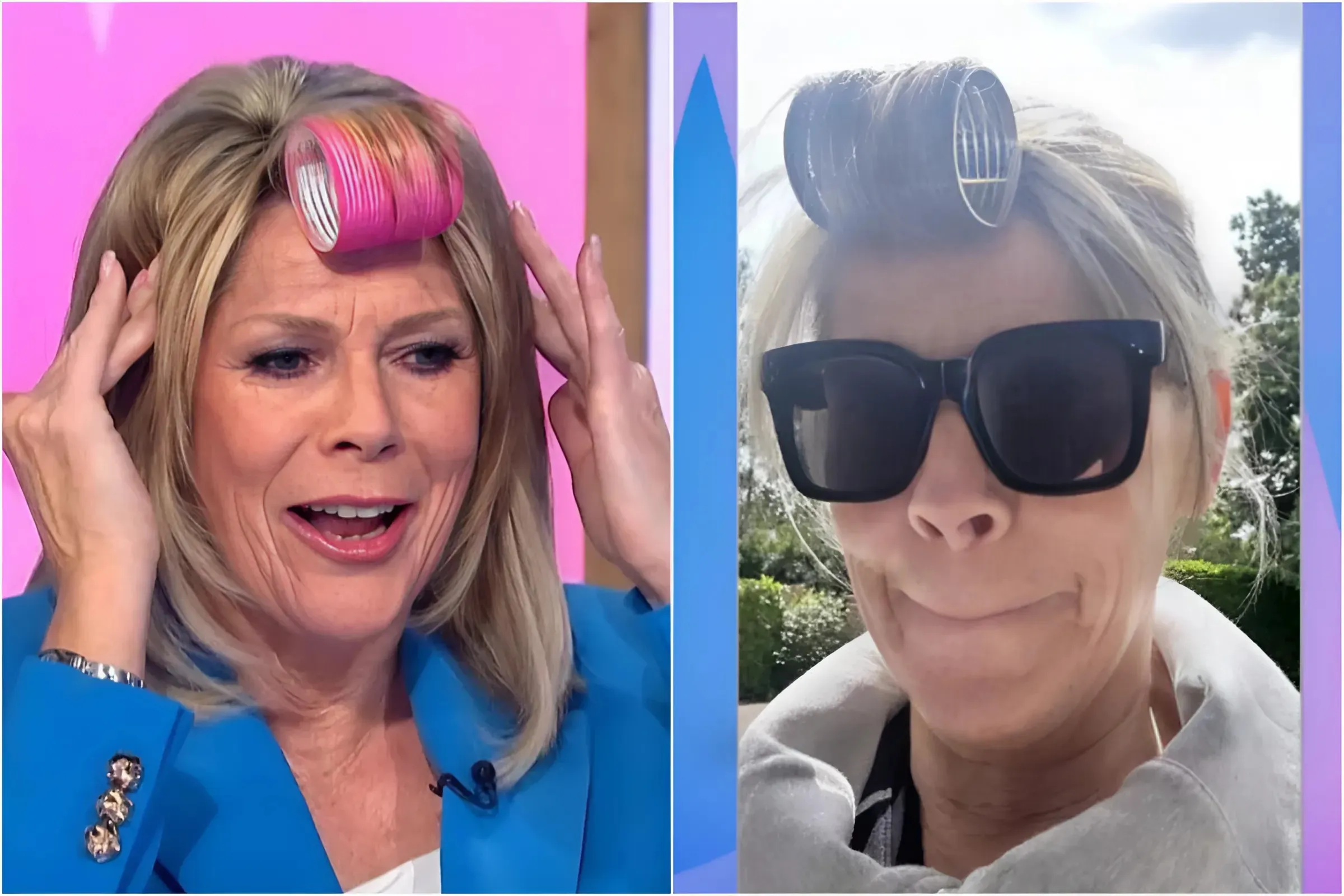Is It Ever Okay to Cut Off a Parent?

Family relationships are often described as unbreakable bonds, but for many people, the reality is far more complicated. A growing number of adult children are choosing to cut ties with their parents, citing mental health as the primary reason. Recent figures from the charity Stand Alone reveal that 8% of people have actively severed contact with a family member, with one in 10 specifically cutting ties with a parent or child. On TikTok, young people are sharing their experiences under the hashtag #NoContactFamily, sparking discussions about whether it’s ever okay to walk away from a parent.
Columnist Janet Street-Porter, speaking on Loose Women, shared her own struggles with her mother. She described their relationship as distant and emotionally challenging, explaining that they never truly bonded. “I never ever had that conversation with her about how I felt,” Janet admitted. Attempts at connection often ended in frustration, with their weekly phone calls feeling forced and unproductive. The distance persisted throughout their lives, and Janet found some solace only in her mother’s final days. Reflecting on her experience, she said, “Sometimes you just have to accept the fact that you don’t get on with one or both parents and step away.”
For others, the concept of cutting ties is difficult to comprehend. Brenda Edwards, who lost her parents at a young age, expressed sadness at the idea of severing family bonds. “I’d rather have something than have nothing,” she said, emphasizing the importance of family connection. Brenda shared how her own loss shaped her parenting approach, ensuring her children felt loved and supported. However, she acknowledged that abuse—whether physical or emotional—might necessitate cutting ties for the sake of self-preservation.
The discussion also highlighted the ways parenting dynamics can evolve over time. As children grow more independent, some parents struggle with their changing role. One panelist recounted a story of a friend who thrived as a mother when her children were young but became emotionally lost as they grew older, eventually turning to alcohol. The relationship deteriorated to the point where her children felt they had no choice but to walk away.
While some argue that family ties should always be preserved, others believe that no relationship—parental or otherwise—should come at the expense of one’s mental health. As one panelist put it, “You can choose your friends, but you cannot choose your family.” If repeated efforts to mend the relationship fail, stepping away may be the healthiest choice.
Respect, however, remains a key factor. Even when cutting ties, treating the other person with kindness and honesty is essential. Having an open conversation about the decision can provide clarity and closure. For some, the choice to distance themselves is not rooted in anger, but in a desire to break cycles of dysfunction and create a healthier environment for future generations.
Ultimately, the question of whether it’s ever okay to cut off a parent is deeply personal. For those who take this step, it’s often a last resort after exhausting all other options. While the decision can be painful and fraught with societal judgment, prioritizing one’s mental health and well-being is never wrong. Family bonds, though significant, cannot always outweigh the need for peace and happiness.



